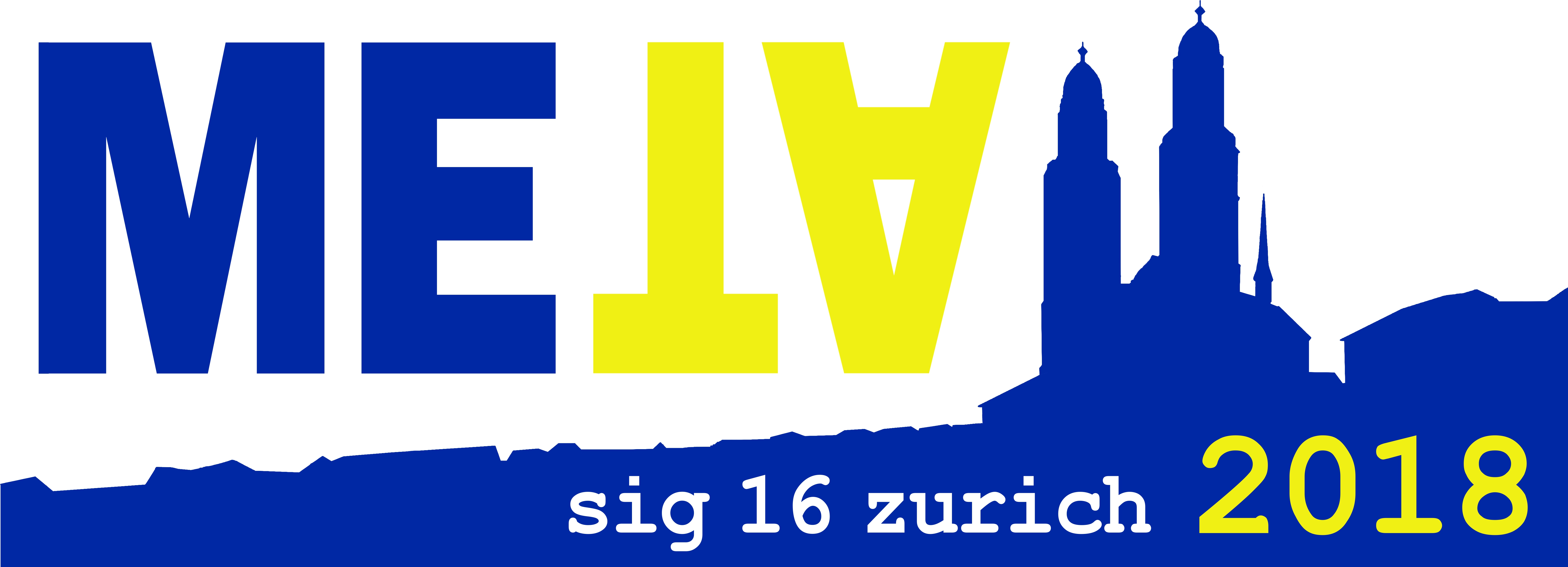Thursday, 30 August 2018
Honing Protocols and Practices for Studying Self-Regulation in Classrooms
Organizers
|
Nancy E. Perry and Therese N. Hopfenbeck |
Aim and Goals
| This workshop provides space for researchers interested in studying metacognition and self-regulation
in naturalistic contexts (e.g., classrooms) to come together to consider:
|
Projects and Workshop Facilitators
| Janina Eberhart and Sara Baker (University of Cambridge, UK) will share structured observations of classroom activities and direct (one-on-one) assessments of children’s abilities from their long-term examination of how classroom structures relate to children’s development of executive functions and self-regulation. A challenge for this research has been to correlate findings from these, seemingly, complimentary tools, leading the researchers to ask whether and to what extent they are measuring the same constructs. | |
|
Therese N. Hopfenbeck (University of Oxford, UK) leads the Assessment for Learning in Africa (AFLA) project, which seeks to understand how high quality teaching and learning can be achieved in challenging developing contexts. Assessment for learning strategies support SRL (e.g., involving students in self-assessment), but SRL promoting practices contrast teacher-centered methods that typify teaching and learning in the research sites. Dr. Hopfenbeck will share challenges associated with collecting high quality classroom data (in this case, observations) when researchers do not understand the language of instruction and how teachers and researchers have collaborated on interpreting observed lessons in Tanzania. This part of AFLA has been carried out in collaboration with Professor Anjum Halai, and Veronica Sarungi (Aga Khan University Institute for Educational Development, Pakistan) and Dr. Joshua McGrane (University of Oxford, UK). |
|
|
Lynda Hutchinson, Cassandra Trevisani, and Devon Trower (Western University, Canada) are examining the influence of teacher attributes (e.g., beliefs about SRL, efficacy for supporting SRL) on children’s SRL. They will share how they combine data from teacher self-report questionnaires with teacher ratings of children’s SRL and researchers’ in situ observations to create portraits of opportunities and constraints on children’s development of SRL in play-based kindergarten classrooms. A challenge for this research is pairing teachers' self-reports with classroom observations, given observations depict considerable variability in the quality of the tasks and practices used to support children's SRL, even when teachers report beliefs and self-efficacy in favour of SRL. |
|
|
Krista Muis, Kelsey Losenno, and Brendan Munzar (McGill University, Canada) use think aloud protocols to capture children’s regulation of learning and emotions while solving complex mathematical problems. Children are taught to use the think aloud strategy and then, as they work on problems during regular math periods, their thought processes are audio recorded to capture learning strategies, emotions, and emotion regulation strategies. They will identify challenges associated with: teaching children to “think aloud” (particularly children with language-based learning difficulties); personnel and equipment required; issues for transcribing, segmenting, and coding the data; and children’s first language as a barrier. |
|
|
Nancy Perry and Nikki Yee (University of British Columbia) are engaged in a longitudinal study of children’s developing SRL. This study examines children’s trajectories for SRL over time (based on teachers’ ratings and performance measures) along with evidence from classroom observations about how experiences in school affect those trajectories. They will identify some of the challenges associated with doing longitudinal research in schools, particularly those associated with following children over time and across classrooms (e.g., ensuring consistency across teachers in assessing children’s SRL from Kindergarten through Grade 6; ensuring consistency and quality across researchers in their running record/observations of opportunities for SRL both in and across classrooms). |
|
|
David Whitebread and Marisol Basilio (University of Cambridge, UK) investigated the advantages of play-based learning for supporting writing at different ages (5, 7, and 10) in English primary schools. They will share the coding scheme they developed to analyze video recorded interactions among children working in small groups to plan and write; specifically, they will share how they analyzed the regulatory aspects of the interactions (self, co and socially shared regulation). Recording live behavior in classrooms was useful for identifying repertoires of behavior, but establishing the impact of group composition on individual behaviors and determining the alignment between children’s and teachers’ goals proved challenging in this project. |
Outline of the Timeline for the Workshop
| Brief overview of all project | 30 min |
| Breakout Session 1 | 60 min |
| Coffee Break | 15-20 min |
| Debrief 1 | 30 min |
| Breakout Session 2 | 60 min |
| Debrief 2 and Closing | 30 min |
Target Group/Audience
|
This workshop will appeal particularly to researchers preparing to or already engaged in studying metacognition and self-regulation in naturalistic settings such as classrooms. Participants will be active; they will be invited to provide feedback about the shared projects and protocols, but also to share their own ideas and experiences studying SRL in real time and authentic events. |
Registration
|
Up to 40 participants. |
|
| Registration for the workshop is done via the conference tool of the congress. |
